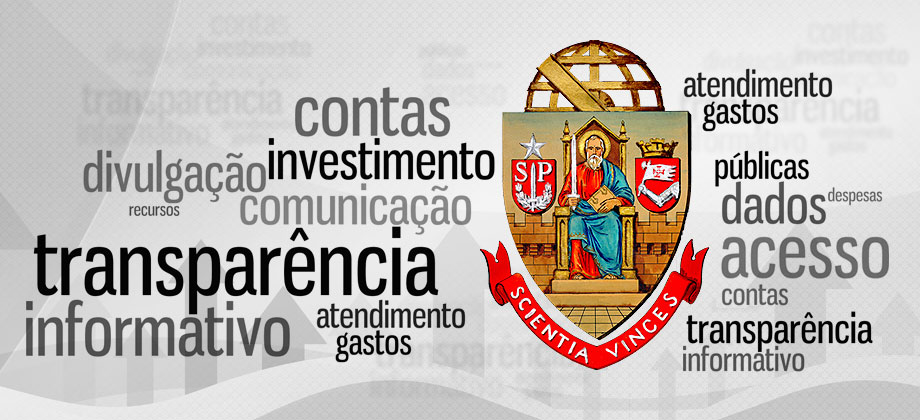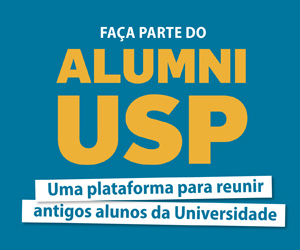II WORKING GROUP ON CARBON EMISSIONS POLICY AND REGULATION
II WORKING GROUP ON CARBON EMISSIONS POLICY AND REGULATION
29 de maio de 2013
Faculdade de Direito da USP - Largo São Francisco, 95 - Centro - São Paulo
Este evento foi uma atividade do NUPPREC/IEE/USP - Núcleo de Pesquisa em Políticas e Regulação de Emissões de Carbono do IEE/USP
The Research Center on Carbon Emission Policy and Regulation (NUPPREC) from the University of São Paulo (USP), organized the 2nd Working Group on Carbon Emissions Policy and Regulation, on May 29th 2013, at the University of São Paulo Law School. The event convened experts on current climate policies and regulations that are being implemented in different regions in order to discuss future challenges to climate changes.
The opening session of the Working Group was held by Prof. Sérgio Pacca from from the University of São Paulo (EACH-USP) and then divided into two Panels.
The Panel 1, had Prof. Ana Maria de Oliveira Nusdeo, from the University of São Paulo (FD-USP) as Moderator and Prof. André Felipe Simões, from the University of São Paulo (EACH-USP) as Chairman, the discussion focused on international agreements on climate change, particularly as regards to challenges and opportunities for policy and regulation in Brazil.
Prof. Emilio La Rovere, from the Federal University of Rio de Janeiro (UFRJ), addressed the dialogue between the economic engineering background and the legal field. From the umbrella convention, he explained the initiatives in Europe towards a low carbon economy, saying that Brazil can move in the same direction: creating an energy efficiency law, stimulating the development of renewable energy, reducing subsidies to gas and approving a carbon tax.
Prof. Alberto Amaral, from the University of São Paulo (FD-USP), talked about the necessary dialogue between trade and environmental protection in an international level. The Convention in Climate Change was signed in 1992, in Rio de Janeiro, requiring a new institutional engineering and constant adaptation to adequate the basic text to scientific developments. However its application is ineffective because of the lack of sanctions in case of non-compliance, as opposed to the international trade system. Moreover he affirms that Brazil suffers from a lack of political will to take a step forward on environmental protection.
Dr. Oswaldo Lucon, from São Paulo State Secretary of Environment, talked about challenges and opportunities for Brazil, emphasizing that it has a carbon intensive infrastructure, with huge subsidies for carbon. He affirms that a major step forward to a sustainable energy policy is recognizing carbon as a pollutant.
In the Panel 2, with Prof. Virgínia Parente, from University of São Palo (FEA-USP) as Moderator and Prof. Paulo Almeida, also from University of São Paulo (EACH-USP) as Chairman, the experts discussed the innovative policies towards a low carbon economy.
Dr. Guilherme Fagundes, from BM&F-BOVESPA, talked about indexes of a low carbon economy, which is a necessity because investors have requested the disclosure of social and environmental risks related to sustainability and climate changes. He then focused on ICO2 – Índice Carbono Eficiente, developed by BM&F-BOVESPA and BNDES, in 2010.
Prof. Dr. Marcelo Drügg Barreto Vianna, member and former President of the Board of the Alcoa Institute, talked about sustainability and social responsibility in the business sector, based on the concepts of sustainable development and the green economy model proposed by UNEP in 2012. He focused on the activities of Business Action for Sustainable Development – BASD, an official coalition between International Chamber of Commerce (ICC), World Business Council for Sustainable Development (WBCSD) and United Nations Global Compact to represent the business sector at the Rio+20, concluding that the business sector has a crucial role in the sustainable development and is a part of the solution. It’s also important to realize that a low carbon economy is an important item of the concept of “green economy”.
At last, Prof. Nathan Hultman, from School of Public Policy of University of Maryland, reinforced the idea that future scenarios depend on policy and technology choices to change the energy system, based on four goals: innovation, implementation, integration and transformation. He then talked about innovative climate changes policy in the USA, particularly regarding to five aspects: i) the Green Investment Banks, combining small amounts of public resources with private sector funds; ii) the Advanced Research Projects Agency-Energy (ARPA-E), created in 2007; iii) the State Renewable Portfolio Standards, which mandate a minimum percentage of electricity from renewables; iv) the development of market-based mechanisms, such as a cap and trade system; and v) a carbon tax, which is not yet achieved.
At the end, Rachel Biderman Furriela pointed out some challenges and opportunities for deepening sustainable policy addressed by the speakers.
The agenda of the event was as follows:
II Working Group on Carbon Emissions Policy and Regulation
08:30 – Registration
09:00 – Opening Session
09:15 – Panel 1:
International Agreements on Climate Change: Challenges and Opportunities for Policy and Regulation in Brazil.
Prof. Emilio La Rovere, Federal University of Rio de Janeiro (UFRJ)
Prof. Alberto Amaral, University of São Paulo (FD-USP)
Dr. Oswaldo Lucon, São Paulo State Secretary of Environment
Moderator: Prof. Ana Maria de Oliveira Nusdeo, University of São Paulo (FD-USP)
Chairman: Prof. André Felipe Simões, University of São Paulo (EACH-USP)
10:45-11:00 – Coffee Break
11:00 – Panel 2:
Innovative Policies Towards a Low Carbon Economy.
Dr. Guilherme Fagundes, BM&F-BOVESPA
Dr. Marcelo Drügg Barreto Vianna, Business Sector
Prof. Nathan Hultman, University of Maryland
Moderator: Prof. Virginia Parente, University of São Paulo (FEA-USP)
Chairman: Prof. Paulo Almeida, University of São Paulo (EACH-USP)
12:30 – Closing Remarks – Dra. Rachel Biderman Furriela
13:00 – Brunch



